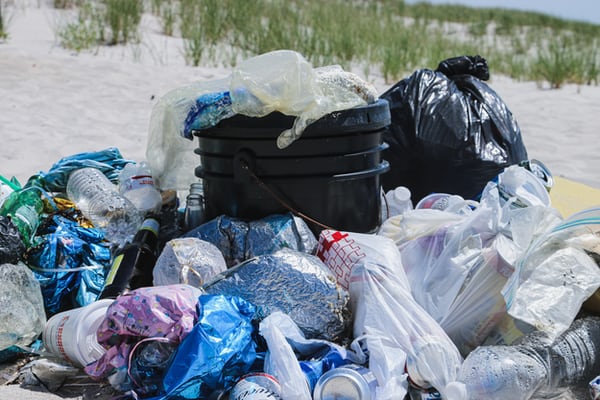
More and more countries are realizing that measures must be taken to combat pollution and climate change. Here are two examples –
Mexico City’s ban on most single-use plastics came into effect in January after more than a year of preparation.
In 2020, Mexico City’s environmental agency said the capital produced roughly 13,000 tons of garbage per day, including more than 7 million tons of plastic over the course of the year. Single-use plastic bags were banned in 2020, and now the commercialization, distribution, and delivery of other plastic products, including straws, disposable plastic cups, and balloons, is prohibited.
During the first months of the ban, the focus will be on informing citizens – no fines will be imposed on violators. With the lack of strict enforcement and the ongoing coronavirus crisis, change on the plastics front is expected to be slow, but officials hope the ban is a significant step toward a greener Mexico City. (DW, Plastic Oceans)
Africa
The African Development Bank has pledged to invest $12.5 billion and raise an equal amount to help farmers and young people combat climate change.
Climate researchers say African countries are among the most vulnerable to climate change, despite the continent only producing 5% of the world’s planet-heating emissions overall. Those risks are increasingly apparent as floods, droughts, and climate-driven locust attacks continue to ravage crop yields. To address these challenges, the bank and Netherlands-based Global Center on Adaptation announced a new Africa Adaptation Acceleration Program at a recent global summit. The program is designed to expand farmers’ access to climate-smart technology and digital services, as well as finance young entrepreneurs looking to establish environmentally friendly agriculture businesses. “I don’t buy [youth] ‘empowerment’ language,” said Akinwumi Adesina, a former Nigerian agriculture minister who leads the bank. “What we need is youth investment.” (Thomson Reuters Foundation) https://news.trust.org/item/20210129153022-q7nmk/
Source: The Christian Science Monitor February 11, 2021
Image credit: Brian Yurasits – Unsplash





